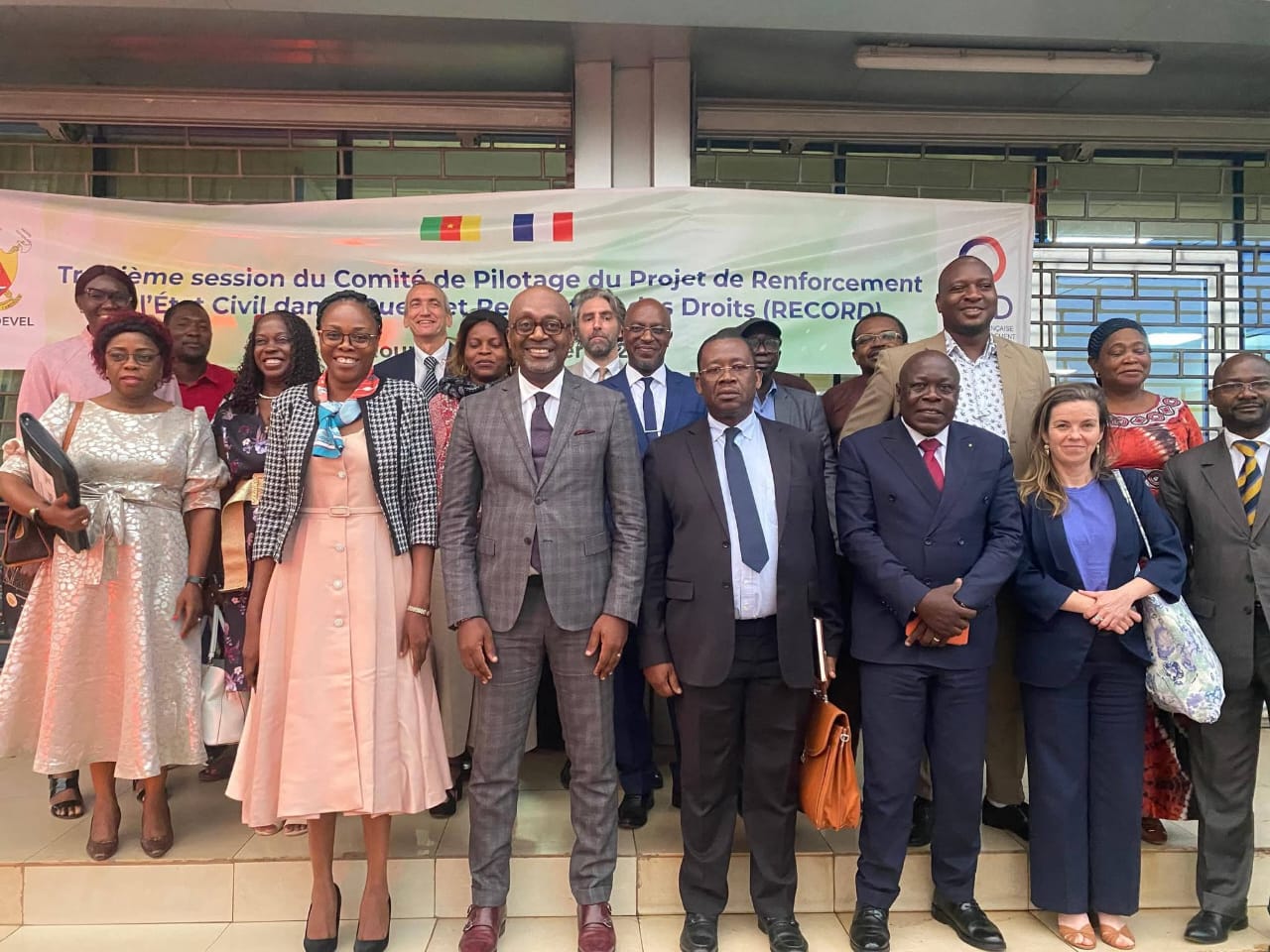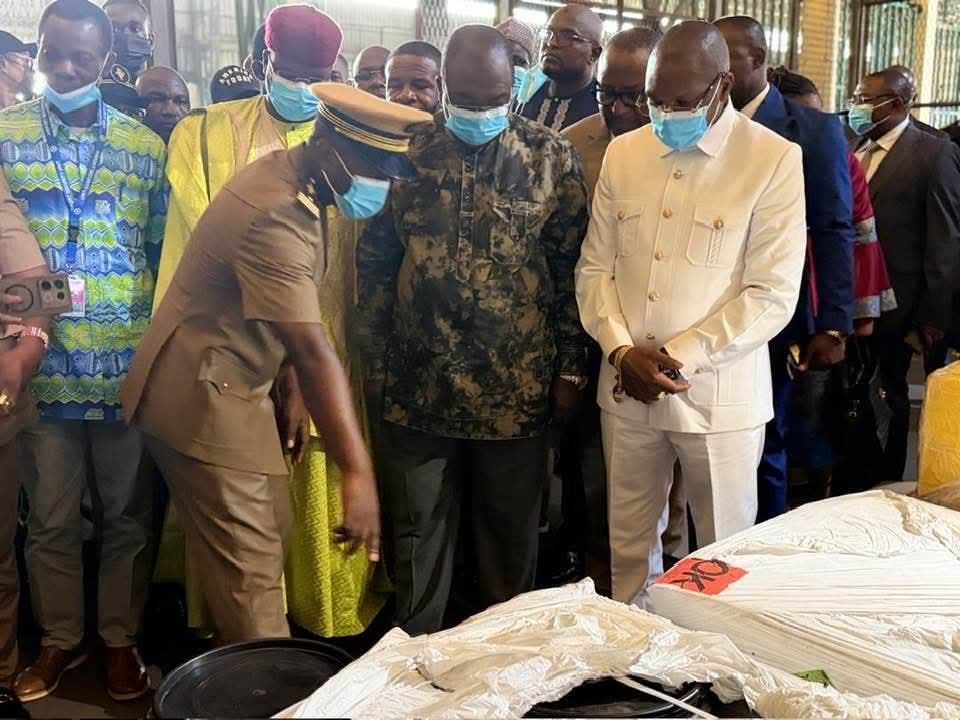Traditional chiefs in Liberia have declared the banning of female genital mutilation as a harmful practise to women and girls, APA can report from Monrovia on Thursday.Chief Zanzan Karwor, the Chairperson of the National Council of Chiefs and Elders made the ground-breaking declaration on the International Day of Zero Tolerance for Female Genital Mutilation on February 6th.
Chief Zanzan declared, “By the power vested in me by all the Paramount Chiefs of the 15 political divisions in Liberia and signed by myself… FGM is banned in Liberia.”
Chief Zanzan explained that the elaborate ceremonies and rituals undertaken in the lead up to the Zero Tolerance Day celebration were carried out in order to get authorisation from the zoes (the traditional cutters who perform FGM), elders and chiefs to ban the practice in the whole country.
The momentous pronouncement was made at an event in Songay town, Liberia, and was witnessed and supported by high level officials, including Vice President Jewel Howard-Taylor, Minister for Gender Children and Social Protection, Williametta E.Saydee-Tarr, UN Women Regional Goodwill Ambassador for Africa Jaha Dukureh, and members from the diplomatic corps representing the European Union, United States, Sweden, Norway, Cuba, and Nigeria representing the ECOWAS community.
Also present was the Liberia Country Representative of UN Women, which has supported the establishment of heritage centers – including in Songay town where the celebrations were held – to serve as a place for alternative livelihood for the zoes who are abandoning the practice.
“The traditional leaders have paved the way for us by giving us the first step in the journey to ending FGM in Liberia. We are greatly honored and thank them,” Vice President of Liberia, Howard-Taylor said in appreciation.
FGM is widely regarded as a harmful traditional practice involving the partial or total removal of external female genitalia or other injury to the female genital organs for non-medical reasons.
Researches have shown that this practice can cause immense physical and psychological damage and is internationally recognized as a grave violation of women’s and girls’ human rights.
According to figures released by UNICEF in February 2020, at least 200 million women and girls have undergone FGM in 31 countries worldwide.
This figure only includes states where there is available data from large-scale representative surveys, incorporating 27 countries from Africa together with Iraq, Yemen, the Maldives, and Indonesia; though there is also evidence of FGM taking place in at least 92 countries worldwide.
Around 31.8 percent of women and girls in Liberia have undergone FGM, figures show.
Liberia is one of only four countries in Africa that have yet to specifically criminalise FGM.
The others are Somalia, Mali, and Sierra Leone.




